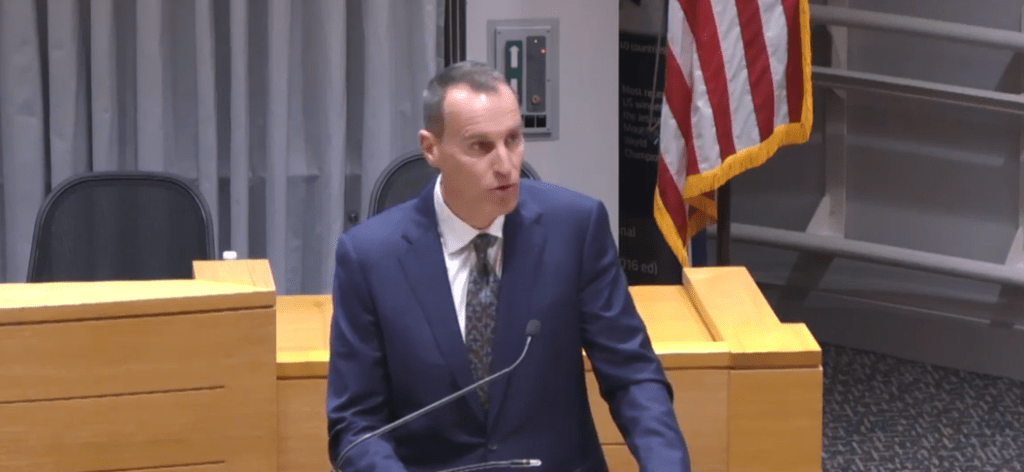David C. Dvorak – Bio and Professional Snapshot
| Name | David C. Dvorak |
|---|---|
| Current Role | CEO & Chairman, DeepThink Health |
| Previous Roles | CEO, Zimmer Biomet (2007–2017) |
| Notable Investment | $5M in THINK Surgical (2022, 2023) |
| Education | Miami University (BS), Case Western Law (JD) |
| Board Memberships | AdvaMed, Mesentech, St. Jude Medical |
| Estimated Net Worth | $27 million |
| Location | Ada, Michigan, United States |
| Source | www.mesentech.com/news_/david-c-dvorak-joins-mesentechs-board-of-directors |

David C. Dvorak’s executive journey is a standout in modern healthcare innovation. From reshaping Zimmer Biomet into a global orthopedic leader to pioneering AI-driven data insights at DeepThink Health, Dvorak has consistently merged operational expertise with ethical, visionary leadership. His ability to bridge law, technology, and medicine makes him a rare and transformative force in the medtech space.
From Legal Counsel to Medtech Titan: Dvorak’s Leadership at Zimmer Biomet
During his decade as CEO of Zimmer Biomet, Dvorak led the company through a dramatic transformation. Under his leadership, revenue surged from $1.2 billion to $7.7 billion, driven by smart acquisitions and scalable operational integrations. His legal acumen was instrumental in structuring value-added deals, while his strategy elevated Zimmer from a niche player to a global healthcare powerhouse.
Revolutionizing AI and Health Data at DeepThink Health
After leaving Zimmer in 2017, Dvorak entered the AI-driven healthcare space as CEO of DeepThink Health. The company specializes in turning complex patient data into actionable clinical insights, offering predictive analytics and real-time decision support that improve patient outcomes and reduce healthcare costs.
DeepThink’s tools became especially vital during the pandemic, helping overloaded health systems quickly identify trends and treatment gaps—an area where traditional analytics failed.
Strategic Investments in Surgical Robotics and Regenerative Medicine
Dvorak’s $5 million personal investment in THINK Surgical, a robotics firm focused on precision surgery, signaled trust in the growing field of AI-assisted operations. Unlike passive investors, he brings operational knowledge and regulatory expertise—two rare assets that medtech startups often lack.
As a board member of Mesentech, a regenerative therapy company, he continues to support innovations that blend biological science with technical precision, promoting better bone healing and improved surgical recovery rates.
Ethical Innovation Meets Practical Impact
What sets Dvorak apart is his humility and results-driven mindset. He avoids media hype, focusing instead on improving clinical efficiency, lowering costs, and delivering measurable impact—from job creation to more accurate surgeries. His work on AI platforms, robotic surgery, and health data systems is redefining the standards of care for both providers and patients.
A Vision for Healthcare’s Digital Future
With aging populations and rising healthcare costs, Dvorak’s vision of AI complementing, not replacing, medical expertise is increasingly crucial. Predictive analytics powered by DeepThink now help clinicians detect complications days in advance, improving outcomes and reducing readmissions. These technologies don’t just serve hospitals—they reshape the entire patient journey.
Dvorak’s leadership proves that when ethical decision-making meets technological excellence, the result is healthcare that’s smarter, faster, and more compassionate.
